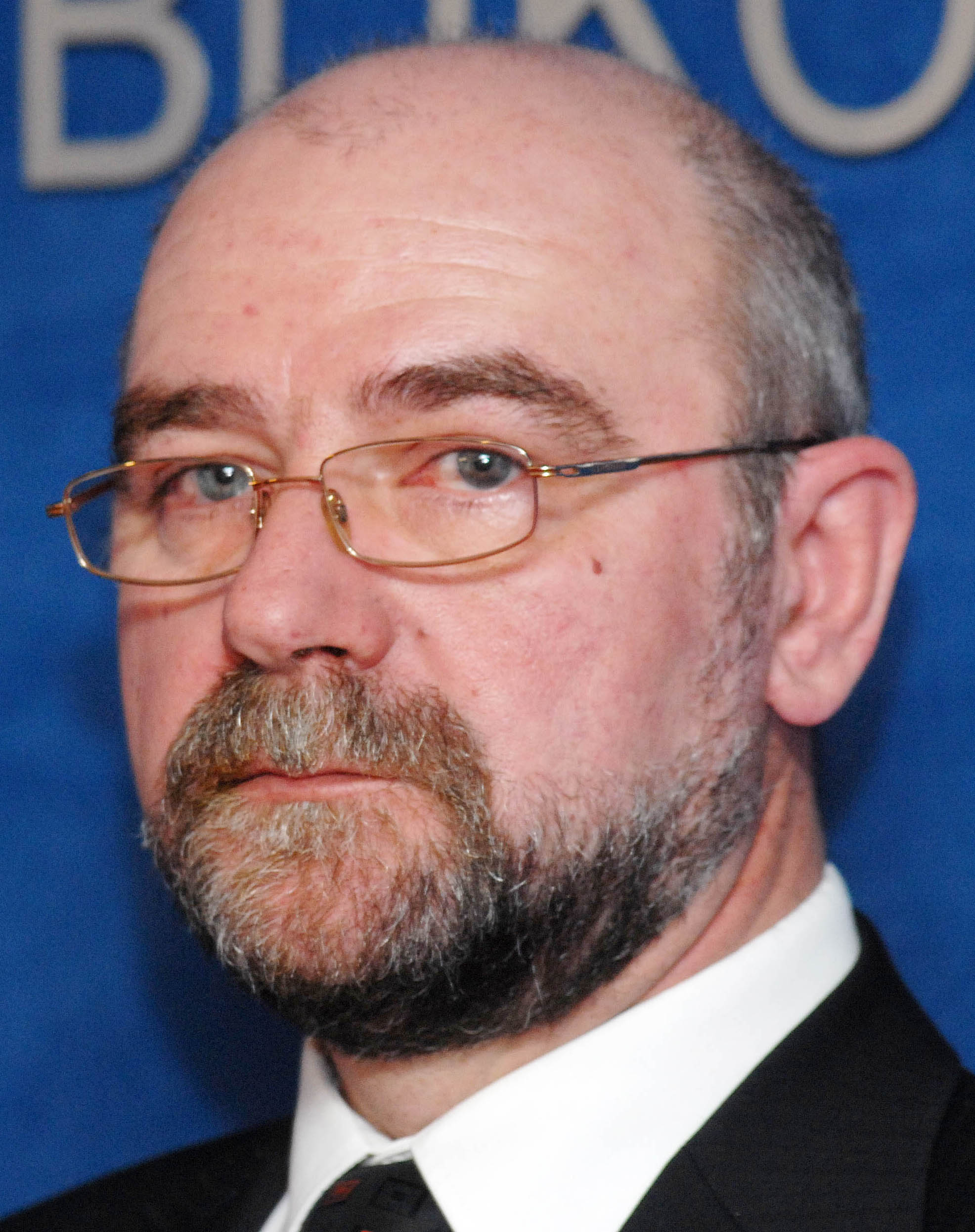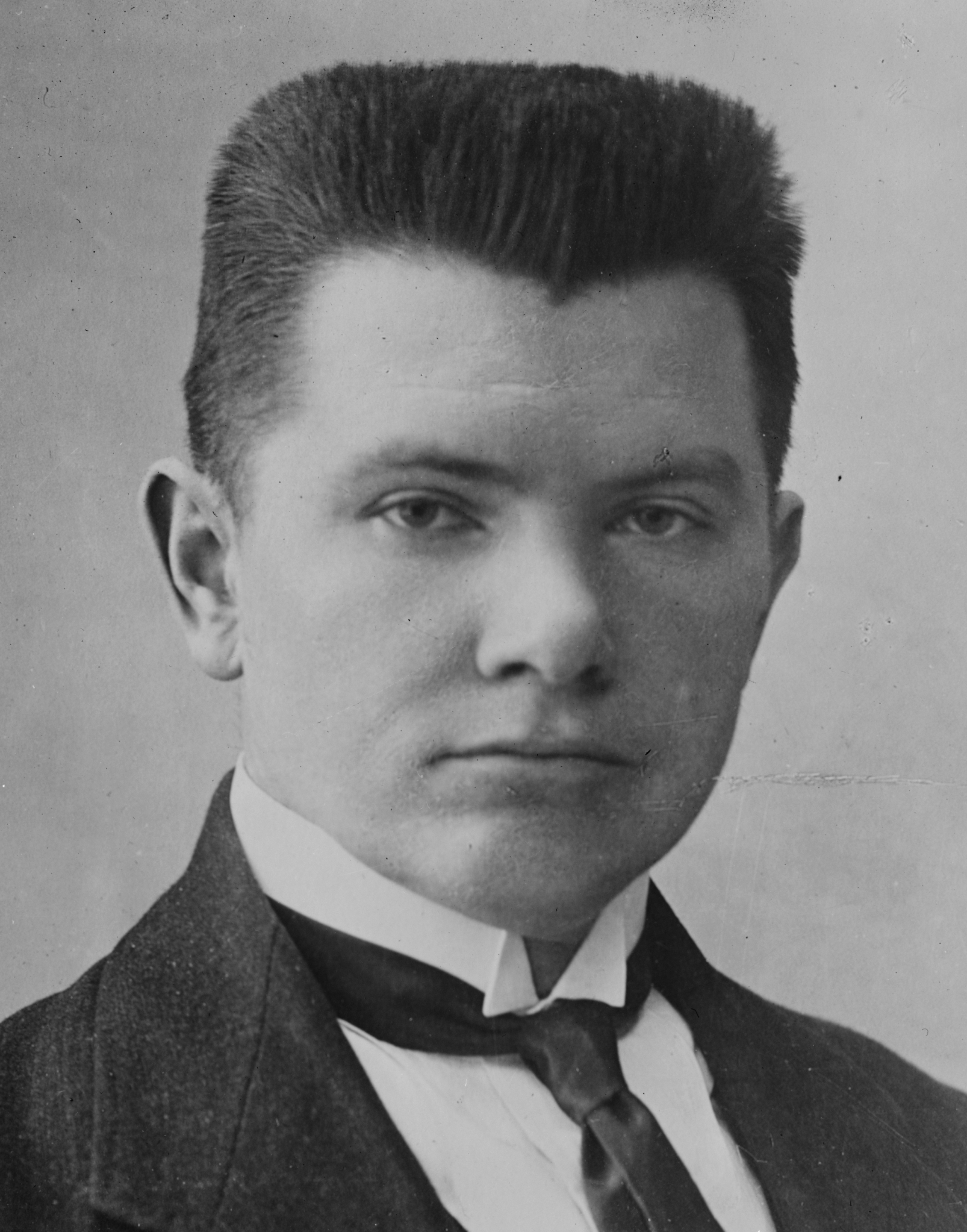|
1996 Lithuanian Parliamentary Election
Parliamentary elections were held in Lithuania in two stages on 20 October and 10 November 1996.Dieter Nohlen & Philip Stöver (2010) ''Elections in Europe: A data handbook'', p1201 All 141 seats in the Seimas were up for election; 70 based on proportional party lists and 71 in single member constituencies. Where no candidate gained more than 50% of the vote on 20 October, a run-off was held on 10 November. The first round of the elections was held concurrently with a referendum to amend Articles 55, 57 and 131 of the constitution, and a referendum on the use of proceeds from privatization. The second round was held concurrently with a referendum to amend Article 47 of the constitution. Due to a low turnout, none of the referendum questions succeeded in getting approval from at least 50% of registered voters. The result was a victory for the Homeland Union – Lithuanian Conservatives, which won 70 seats. They formed a coalition with second-place Lithuanian Christian Democrat ... [...More Info...] [...Related Items...] OR: [Wikipedia] [Google] [Baidu] |
1992 Lithuanian Parliamentary Election
Parliamentary elections were held in Lithuania in two stages on 25 October and 15 November 1992.Dieter Nohlen & Philip Stöver (2010) ''Elections in Europe: A data handbook'', p1201 A total of 141 members were elected to the Seimas, which replaced the Supreme Council; 70 were elected using proportional representation and 71 from single-member constituencies. Where no candidate gained more than 50% of the vote on 25 October, a run-off was held on 15 November. The first round of the elections were held simultaneously with a referendum on the adoption of a new constitution. The result was a victory for the Democratic Labour Party of Lithuania (LDDP), which won 73 seats. Analysts attributed the surprisingly decisive victory to support from farmers and the Russian and Polish minorities, as well as widespread dissatisfaction with the economic situation and the policies of the ruling Sąjūdis political movement, which only won 30 seats. LDDP leader Algirdas Brazauskas was subseq ... [...More Info...] [...Related Items...] OR: [Wikipedia] [Google] [Baidu] |
Dieter Nohlen
Dieter Nohlen (born 6 November 1939) is a German academic and political scientist. He currently holds the position of Emeritus Professor of Political Science in the Faculty of Economic and Social Sciences of the University of Heidelberg. An expert on electoral system An electoral system or voting system is a set of rules that determine how elections and referendums are conducted and how their results are determined. Electoral systems are used in politics to elect governments, while non-political elections m ...s and political development, he has published several books. IDEA Bibliography Books published by Nohlen include: *''Electoral systems of the world'' (in German, 1978) *''Lexicon of politics'' (seven volumes) *''Elections and Electoral Systems'' (1996) *''Elect ...[...More Info...] [...Related Items...] OR: [Wikipedia] [Google] [Baidu] |
Lithuania
Lithuania (; lt, Lietuva ), officially the Republic of Lithuania ( lt, Lietuvos Respublika, links=no ), is a country in the Baltic region of Europe. It is one of three Baltic states and lies on the eastern shore of the Baltic Sea. Lithuania shares land borders with Latvia to the north, Belarus to the east and south, Poland to the south, and Russia to the southwest. It has a Maritime boundary, maritime border with Sweden to the west on the Baltic Sea. Lithuania covers an area of , with a population of 2.8 million. Its capital and largest city is Vilnius; other major cities are Kaunas and Klaipėda. Lithuanians belong to the ethno-linguistic group of the Balts and speak Lithuanian language, Lithuanian, one of only a few living Baltic languages. For millennia the southeastern shores of the Baltic Sea were inhabited by various Balts, Baltic tribes. In the 1230s, Lithuanian lands were united by Mindaugas, Monarchy of Lithuania, becoming king and founding the Kingdom of Lithuania ... [...More Info...] [...Related Items...] OR: [Wikipedia] [Google] [Baidu] |
Ballot Papers Of 1996 Lithuanian Parliamentary Election
A ballot is a device used to cast votes in an election and may be found as a piece of paper or a small ball used in secret voting. It was originally a small ball (see blackballing) used to record decisions made by voters in Italy around the 16th century. Each voter uses one ballot, and ballots are not shared. In the simplest elections, a ballot may be a simple scrap of paper on which each voter writes in the name of a candidate, but governmental elections use pre-printed ballots to protect the secrecy of the votes. The voter casts their ballot in a box at a polling station. In British English, this is usually called a "ballot paper". The word ''ballot'' is used for an election process within an organization (such as a trade union "holding a ballot" of its members). Etymology The word ballot comes from Italian ''ballotta'', meaning a "small ball used in voting" or a "secret vote taken by ballots" in Venice, Italy. History In ancient Greece, citizens used pieces of broken po ... [...More Info...] [...Related Items...] OR: [Wikipedia] [Google] [Baidu] |
Gediminas Vagnorius (1996)
Gediminas Vagnorius (born 10 June 1957) is a Lithuanian politician and signatory of the Act of the Re-Establishment of the State of Lithuania. He served as the Prime Minister of Lithuania, heading the government between 1991 and 1992, and again from 1996 until 1999. After Lithuania regained its independence in 1990, its temporary currency, the Lithuanian talonas, was popularly known as ''vagnorkė'' or ''vagnorėlis'' after Vagnorius' name. References *Elections 2000 - Gediminas Vagnorius. Seimas The Seimas of the Republic of Lithuania ( lt, Lietuvos Respublikos Seimas), or simply the Seimas (), is the unicameral parliament of Lithuania. The Seimas constitutes the legislative branch of government in Lithuania, enacting laws and amendm ... (Parliament) of Lithuania. 1957 births Living people Prime Ministers of Lithuania Vilnius Gediminas Technical University alumni Members of the Seimas 21st-century Lithuanian politicians {{Lithuania-politician-s ... [...More Info...] [...Related Items...] OR: [Wikipedia] [Google] [Baidu] |
Gediminas Vagnorius
Gediminas Vagnorius (born 10 June 1957) is a Lithuanian politician and signatory of the Act of the Re-Establishment of the State of Lithuania. He served as the Prime Minister of Lithuania, heading the government between 1991 and 1992, and again from 1996 until 1999. After Lithuania regained its independence in 1990, its temporary currency, the ''Lithuanian talonas'', was popularly known as ''vagnorkė'' or ''vagnorėlis'' after Vagnorius' name. References *Elections 2000 - Gediminas Vagnorius. Seimas The Seimas of the Republic of Lithuania ( lt, Lietuvos Respublikos Seimas), or simply the Seimas (), is the unicameral parliament of Lithuania. The Seimas constitutes the legislative branch of government in Lithuania, enacting laws and amendm ... (Parliament) of Lithuania. 1957 births Living people Prime Ministers of Lithuania Vilnius Gediminas Technical University alumni Members of the Seimas 21st-century Lithuanian politicians {{Lithuania-politicia ... [...More Info...] [...Related Items...] OR: [Wikipedia] [Google] [Baidu] |
Laurynas Stankevičius
Laurynas Mindaugas Stankevičius (10 August 1935 – 17 March 2017) was a Lithuanian economist and politician who served as the 7th Prime Minister of Lithuania from February to November 1996. He previously served as the Minister of Social Security and Labour from 1993 to 1994, and after being prime minister, was a member of the Seimas from 1996 to 1998, and later Minister of Health from 1998 to 1999. Formerly a member of the Communist Party of Lithuania, following independence he joined the newly formed Democratic Labour Party. Early life and education Stankevičius was born in Aukštadvaris, Trakai District, on 10 August 1935, five years before Lithuania was occupied by the Soviet Union and became the Lithuanian Soviet Socialist Republic. He attended high school at the Antanas Vienuolis Secondary School in Vilnius, graduating in 1953. From 1953 to 1957, he attended the Leningrad Institute of Finance and Economics (now Saint Petersburg State University of Economics and ... [...More Info...] [...Related Items...] OR: [Wikipedia] [Google] [Baidu] |
Prime Minister Of Lithuania
The prime minister of Lithuania ( lt, Ministras Pirmininkas; "Minister-Chairman") is the head of the government of Lithuania. The prime minister is Lithuania's head of government and is appointed by the president with the assent of the Lithuanian parliament, the Seimas. The modern office of prime minister was established in 1990, when Lithuania declared its independence, although the official title was "Chairperson of the Council of Ministers" until 25 November 1992. Historically, the title of prime minister was also used between 1918 and 1940. This was during the original Republic of Lithuania, which lasted from the collapse of the Russian Empire until the country's annexation by the Soviet Union. Republic of Lithuania (1918–1940) Following the ultimatum in June 1940, the forces of Soviet Union entered Lithuania, prompting President Antanas Smetona to flee the country. Antanas Merkys, who assumed the position of acting president in accordance with the constitution, so ... [...More Info...] [...Related Items...] OR: [Wikipedia] [Google] [Baidu] |
Independent Politician
An independent or non-partisan politician is a politician not affiliated with any political party or bureaucratic association. There are numerous reasons why someone may stand for office as an independent. Some politicians have political views that do not align with the platforms of any political party, and therefore choose not to affiliate with them. Some independent politicians may be associated with a party, perhaps as former members of it, or else have views that align with it, but choose not to stand in its name, or are unable to do so because the party in question has selected another candidate. Others may belong to or support a political party at the national level but believe they should not formally represent it (and thus be subject to its policies) at another level. In running for public office, independents sometimes choose to form a party or alliance with other independents, and may formally register their party or alliance. Even where the word "independent" is used, s ... [...More Info...] [...Related Items...] OR: [Wikipedia] [Google] [Baidu] |
Audrius Butkevičius
Audrius Butkevičius (born 24 September 1960 in Kaunas) is a Lithuanian politician, a signatory of the Act of the Re-Establishment of the State of Lithuania, former minister of defense (1991-93), and member of the Seimas (parliament of Lithuania) (1996-2000). He does not belong to any party. In 1988 was one of the organizers of the Lithuanian reform Movement " Sąjūdis", a member of the Sąjūdis Seimas. He was an establisher and chairman of the "Tremtinio klubas" ("Club of Deportees") of Sąjūdis in Kaunas, the precursor of the Lithuanian Union of Political Prisoners and Deportees. In the period of 1990-1993 he was in the state of negotiations with the Russian Federation. One notable issue that was raised was the withdrawal of the Russian troops stationed in Lithuania, whereupon Lithuania and Russia signed an agreement that declared that all of the Russian troops stationed on the territory of Lithuania must withdraw by 31 August 1993. The agreement was concluded on schedule. I ... [...More Info...] [...Related Items...] OR: [Wikipedia] [Google] [Baidu] |
.png)



